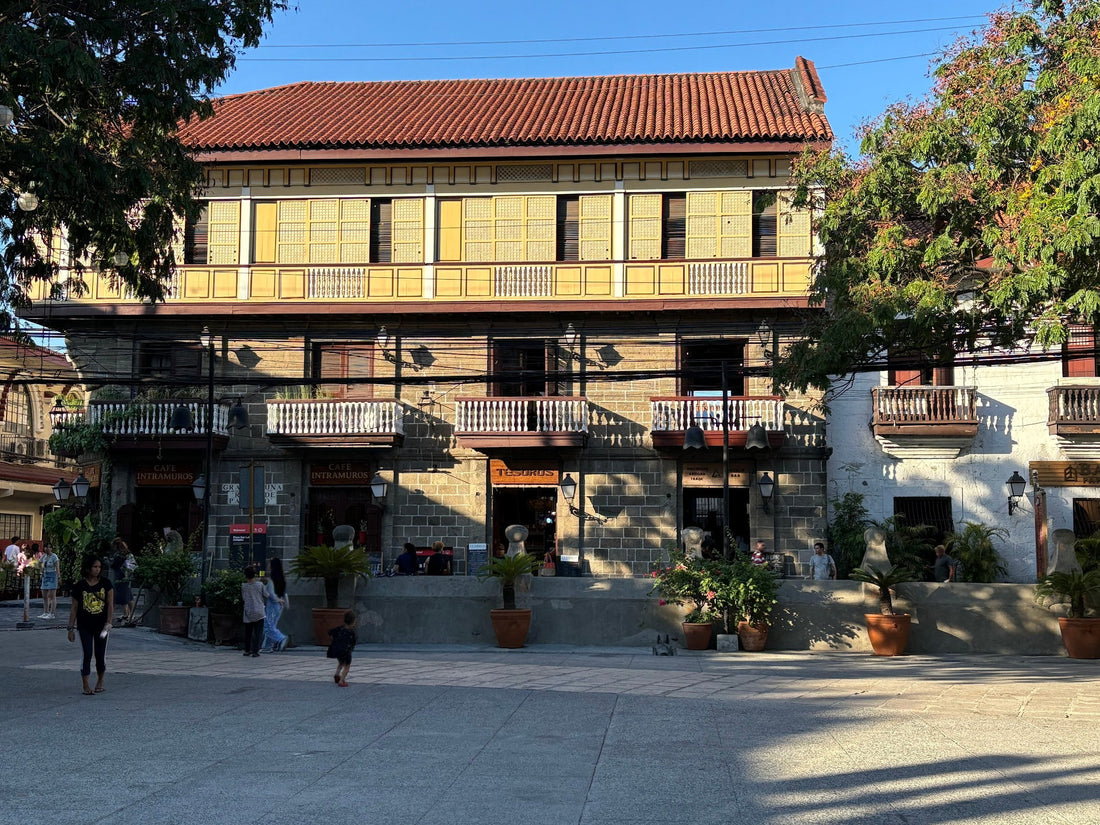
Staying Safe in the Urban Jungle: How to Avoid Pickpockets and Street Scams
Share
As an avid traveler, I've learned that exploring new cities comes with its share of risks. While most of your adventures will be filled with amazing experiences, it's important to stay vigilant against those who prey on tourists. Today, I'm sharing essential tips to protect yourself from pickpockets and common street scams that could turn your dream vacation into a nightmare.
Understanding Pickpocket Techniques
Pickpockets are skilled criminals who have perfected their craft through years of practice. They typically operate in crowded tourist areas and use various techniques to separate you from your valuables.
The Art of Distraction
Most pickpockets employ some element of distraction to accomplish their goal. Common distractions include:
- Street performers or musicians drawing your attention
- Someone "accidentally" bumping into you
- A person dropping money in front of you
- Staged arguments or fights nearby
- Someone spilling something on your clothing and offering to help clean it
- Beggars or peddlers initiating arguments about change
- Children approaching you (often coached by adults)
While you're focused on the distraction, an accomplice is quickly moving in on your valuables with lightning-fast speed. These thieves are incredibly skilled and can extract items from zippered pockets or backpacks in seconds.
The "Dropped Item" Scam
This brings me to a particularly intimidating scam I personally experienced in Amsterdam. Here's how it typically works:
An intimidating-looking person bumps into you and drops something - either what appears to be a phone that "shatters" upon impact or a small package that looks like drugs. They then become aggressive, accusing you of breaking their expensive phone or dropping their drugs, and demand immediate payment.
When this happened to me in Amsterdam, I was completely caught off guard. A man bumped into me, dropped a small package that spilled 'white stuff', and then began yelling that I had knocked his drugs to the ground. He demanded €50 as compensation and became increasingly threatening.
How to Protect Yourself
Preventing Pickpocketing
- Invest in anti-pickpocket gear: Consider clothing with hidden or zippered pockets, money belts, or anti-theft bags with secure closures.
- Stay alert in crowded areas: Be especially vigilant in train stations, tourist attractions, and public transportation. Keep your bag in front of you and move away from doors quickly when entering buildings or vehicles.
- Avoid looking like a tourist (I know, it's not easy!): Try to blend in with locals by dressing modestly and avoiding flashy jewelry or clothing that screams "tourist."
- Be wary of distractions: If someone approaches you unexpectedly or creates a commotion, be extra protective of your belongings.
- Separate your valuables: Don't keep all your money and cards in one place. Split them between your luggage, money belt, and hotel safe.
- Limit phone use in public: Using your phone while walking makes you distracted and an easy target. Stop, preferably with your back against a wall, if you need to check directions.
Handling the "Dropped Item" Scam
If you find yourself confronted by someone demanding payment after "dropping" something:
- Stay calm but firm: Don't show fear or aggression, as this can escalate the situation.
- Create distance: If possible, move to a more public area with witnesses.
- Don't touch anything: If they drop something, don't pick it up - this could be used as "evidence" that you're responsible.
- Refuse to pay: Clearly state that you're not responsible and will not be paying anything.
- Mention police: Suggest involving the police to resolve the matter. Legitimate people won't have an issue with this, but scammers will quickly back down.
- Walk away confidently: If the situation allows, walk away toward a crowded area or a store where you can seek help.
General Safety Tips for Urban Travel
Research your destination: Before traveling, learn about common scams in your destination and areas known for petty crime.
Walk with purpose and confidence: Criminals often target those who appear lost or uncertain. Keep your head up, shoulders back, and move with deliberate strides as if you know exactly where you're going. This body language alone can deter potential thieves who prefer easier targets.
Carry a personal safety device: An electronic personal alarm like Beacon can be a game-changer for your peace of mind. These small devices emit a loud sound when activated, drawing attention to your situation and potentially scaring off attackers. Yes, bad guys hate attention. Having this tool readily accessible can boost your confidence when navigating unfamiliar areas.
Research your destination: Before traveling, learn about common scams in your destination and areas known for petty crime.
Trust your instincts: If something doesn't feel right, it probably isn't. Remove yourself from potentially risky situations.
Be cautious with "helpful" strangers: While many locals genuinely want to help tourists, be wary of unsolicited assistance, especially near tourist attractions.
Have an emergency plan: Know local emergency numbers and the location of your country's embassy or consulate.
Travel headphone-free: Keep your ears open to stay aware of your surroundings.
Use a firm "no": Don't be afraid to firmly decline offers or walk away from uncomfortable situations.
Remember, the best defense against pickpockets and scammers is awareness and prevention. By staying alert and knowing what to look for, you can enjoy your urban adventures without becoming a victim.
